Colonial Syndrome: The Videshi Mindset in Modern India
Two centuries of British rule crystallized in the minds of English educated Indians a peculiar mindset that tended to undervalue their native ethos and moorings, and make English culture more attractive. This tendency is called the “colonial syndrome”. This syndrome has infected the modern Indian elite, who abandon their cultural roots and imitating the Western ways. This situation has drained them off their intrinsic creative capabilities and rendered them less likely to make any significant original contributions to nation building.
This book, an outcome of Prof. K. Ramakrishna Rao’s work as a National Fellow of Indian Council of Social Science Research (ICSSR), attempts to define and elucidate this syndrome and its ill effects on the modern Indian mindset, and suggests means to contain and overcome it. It alerts people and the leadership about the negative and cascading effects of colonial syndrome, and pleads for Indianization of education, philosophy and psychology, among others in the country. Mahatma Gandhi’s concept of SvadeœÁ is the driving force here. It has no negative attributes, only positive self-assertion for common good.
Colonial Syndrome goes on to analyses Gandhi’s concept of svadeœÁ, and attempts to make clear the difference between education in India and Indian education, Indian philosophy and philosophy in India, and psychology in India and Indian psychology and emphasizes that India had its own unique standing on education, philosophy and psychology which needs to be revived and nurtured for fast social and economic development.
Contents: Foreword/Jitendra Mohan. Preface. 1. Introduction. 2. Gandhi’s way: a bird’s eye-view. 3. Education in India and Indian education. 4. Indian philosophy and philosophy in India. 5. Psychology in India and Indian psychology. 6. The colonial syndrome and the Indian mindset. Afterword/Anand C. Paranjpe. Bibliography. Index.
Get it now and save 10%
BECOME A MEMBER

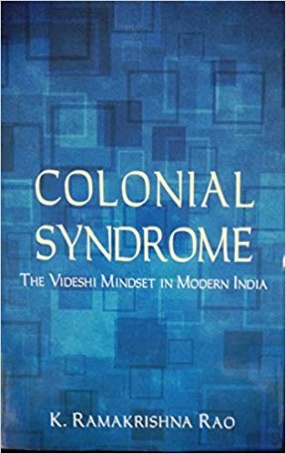
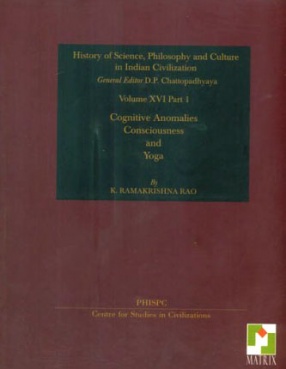
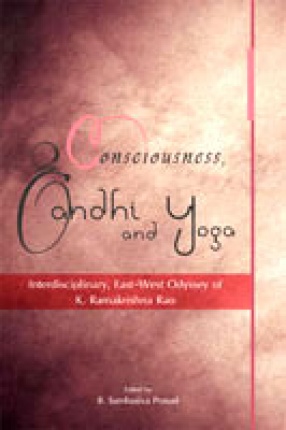
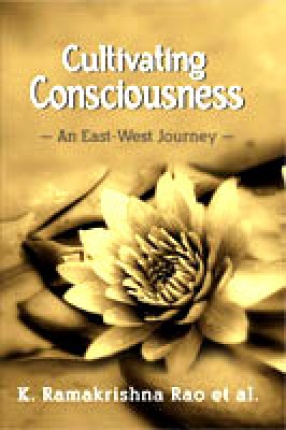
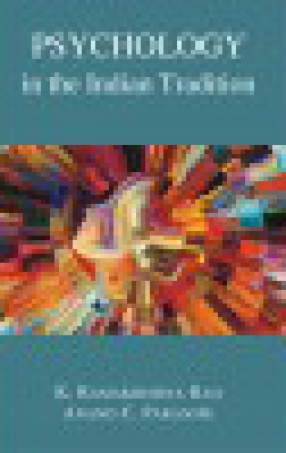





Bibliographic information